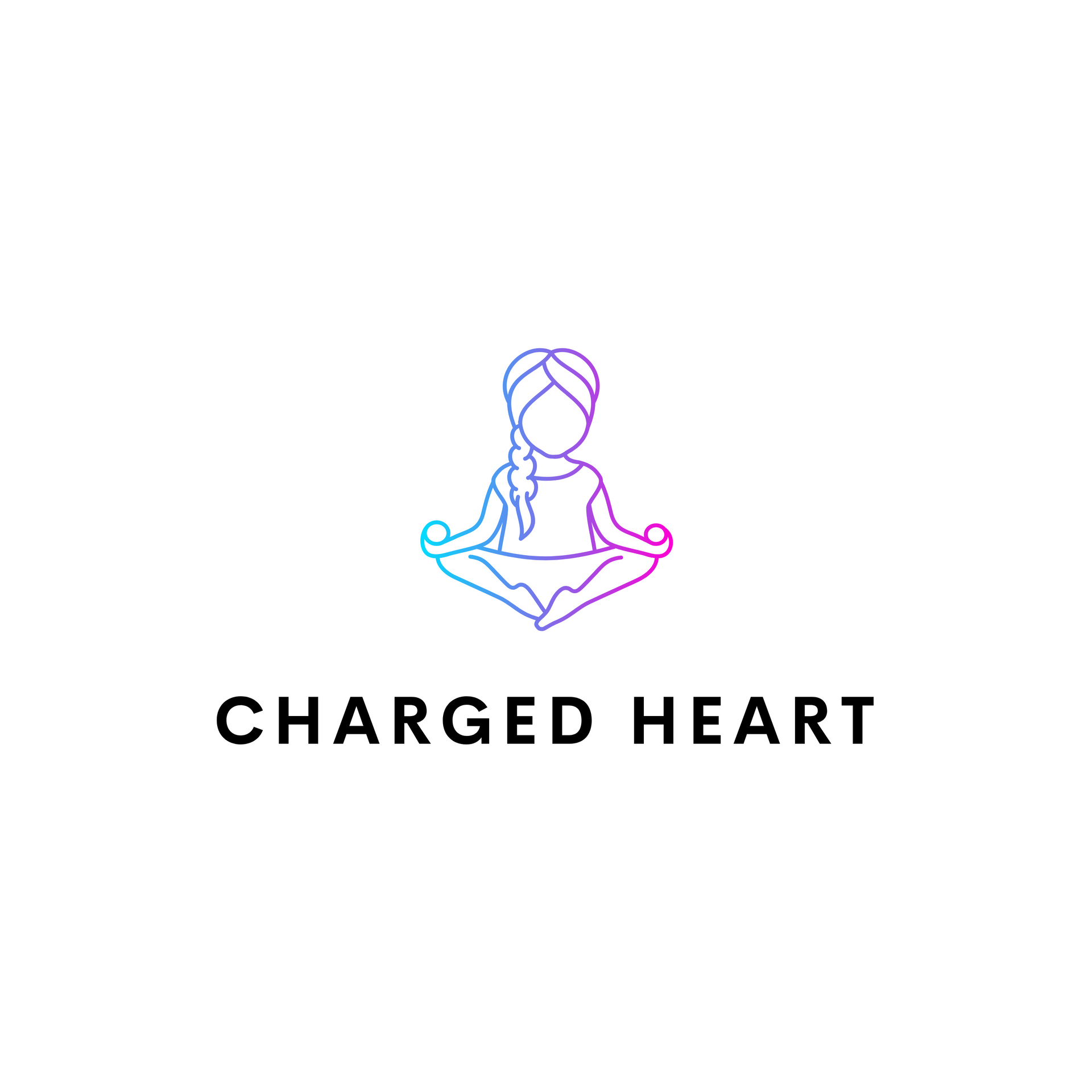When Intuition Misleads: How to Discern True Guidance from Fear
Understanding the Difference Between Fear, Ego, and True Intuitive Knowing

Can Intuition Be Wrong?
We've all heard phrases like "trust your gut" or "follow your intuition," but what happens when your intuition seems to lead you astray? Have you ever felt certain about a decision, only to later realize it wasn’t the right choice? The truth is, intuition isn’t always as straightforward as we’d like it to be. Sometimes, what we think is intuitive guidance is actually fear, conditioning, or past trauma influencing our perception. So, how do we tell the difference between true intuition and misleading signals? Let's explore.
The Three Biggest Reasons Intuition Can Feel "Wrong"
🔹
Fear Masquerading as Intuition
One of the biggest misconceptions is that all gut feelings are intuitive insights. Fear can disguise itself as intuition, creating a strong feeling of urgency or warning when none is actually needed. This is especially true for those who have experienced trauma or past disappointments, as the mind tries to protect itself from repeating pain.
How to recognize it: Intuition feels calm and clear, even when it warns you. Fear, on the other hand, feels panicky, anxious, or overwhelming. If your "intuition" is making you feel small, limited, or paralyzed, it may actually be fear talking.
🔹
Ego vs. Intuition
The ego loves to maintain control and is deeply influenced by societal expectations, personal insecurities, and external validation. Sometimes, what we believe to be intuition is actually the ego reinforcing old patterns.
How to recognize it: Intuitive guidance often challenges us to grow and step outside of our comfort zones, while the ego tends to resist change. If your "intuition" is always aligning with what feels safe or predictable, it may actually be your ego keeping you stuck.
🔹
Wishful Thinking vs. True Knowing
We often want something so badly that we mistake our desire for intuitive knowing. This is common in relationships, business decisions, and major life choices—where we convince ourselves we "just know" something will work out, even when red flags are present.
How to recognize it: True intuition acknowledges reality as it is, without bias. If you find yourself ignoring obvious signs or justifying inconsistencies, take a step back and reassess whether you're hearing intuition or wishful thinking.
How to Strengthen Your Intuitive Accuracy
✨
Check Your Emotional State
Before making an intuition-based decision, take a deep breath and assess your emotions. Are you feeling anxious, pressured, or emotionally charged? If so, wait until you’re in a more neutral state before acting. True intuition arises from clarity, not chaos.
✨
Tune Into Your Body’s Signals
Your body holds wisdom that your mind may not immediately recognize. A deep sense of peace, warmth, or expansion often accompanies intuitive knowing, whereas fear-based reactions feel tight, heavy, or constricting. Practice asking yourself small yes/no questions and notice how your body responds.
✨
Practice Self-Inquiry
When in doubt, ask yourself: Is this fear or intuition? Is this guiding me toward growth or keeping me in my comfort zone? Writing in a journal or meditating on these questions can reveal deeper insights.
✨
Test It with Small Decisions
Strengthening your intuition is like building a muscle. Start with small, low-risk decisions—like choosing what to eat, which route to take, or who to message first—and observe how your intuition guides you. Over time, this will build confidence in your inner compass.
Final Thoughts: Intuition as a Skill, Not a Magic Answer
Intuition is an incredible tool, but like any skill, it requires awareness and refinement. Learning to differentiate between intuition, fear, ego, and desire takes practice, but with time, you’ll be able to trust your inner wisdom with greater confidence.
Next time you feel a strong gut feeling, pause and check in with yourself—does it feel calm and grounded, or does it feel urgent and pressured? Your intuition will never scare you into a decision; it will simply guide you.
🌀 Want to deepen your connection with intuition? Let's chat! send me an email

